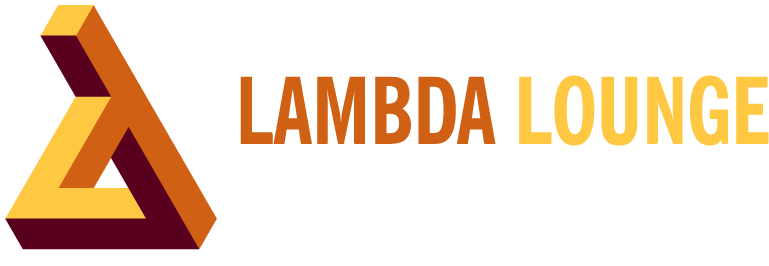Meetings
Apr
18
This month Hakim Cassimally
is presenting on why "Haskell is an acceptable
Perl". We're meeting on Monday in
madlab at the normal time of
7pm...
So, Haskell is "an advanced purely-functional programming language" which supports writing "declarative, statically typed code". It may be optimized for academic buzzwords you've never heard of but... is it any good for writing code in the way that you'd write Perl, Python, or Ruby?
So, Haskell is "an advanced purely-functional programming language" which supports writing "declarative, statically typed code". It may be optimized for academic buzzwords you've never heard of but... is it any good for writing code in the way that you'd write Perl, Python, or Ruby?
What are strong types, and why are we so frightened
of them anyway? Can you develop interactively
in Haskell, the way you would in a dynamic
language?
Does Haskell have "whipuptitude" (being able to get things done quickly) as well as "manipulexity" (being able to manipulate complex things)? And perhaps most importantly, can writing Haskell be *fun*?
Does Haskell have "whipuptitude" (being able to get things done quickly) as well as "manipulexity" (being able to manipulate complex things)? And perhaps most importantly, can writing Haskell be *fun*?
Haskell is founded on decades of the finest
mathematical and computer science
research. Perl, quite demonstrably isn't... but
why do so many Perl programmers also love Haskell?
Audrey Tang wrote the first prototype for
Perl 6, Pugs, in Haskell, and coined the phrase
"lambdacamel" for the substantial crossover between the
languages.
What does a Perl programmer make of Haskell? What
are the lessons that can be learned (in either direction). And do the
languages have more in common than
you might have thought?
